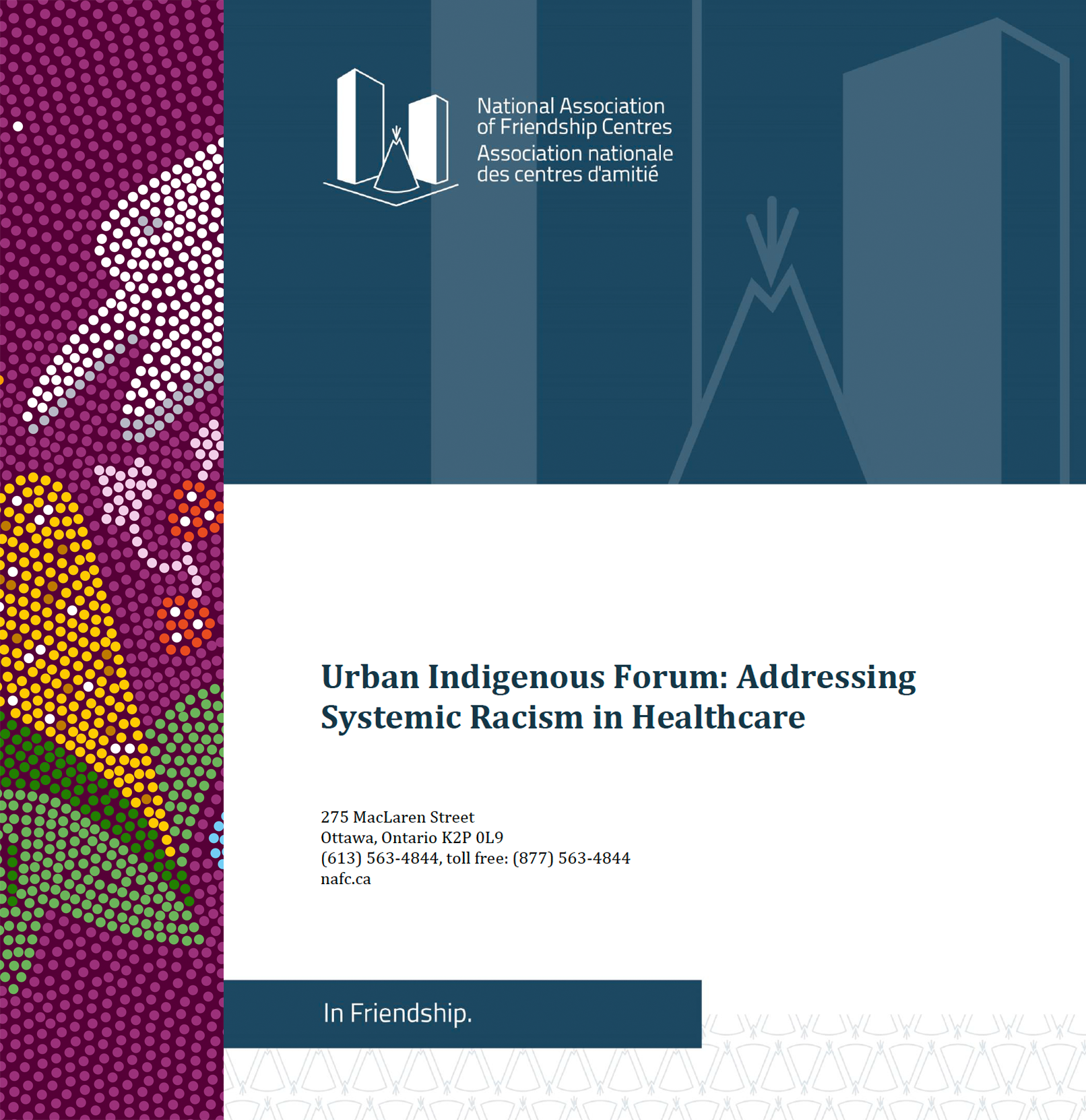Source: Wabano Centre for Aboriginal Health
Year: 2014
According to Statistics Canada, there were 19,200 Aboriginal Peoples living in Ottawa in 2011. This number has likely grown a great deal since. Aboriginal Peoples make up 2% of Ontario’s population. Despite the fact that the Canadian health care system is believed to be one of the best in the world, quality health care is not available for many Aboriginal people in Canada. Cultural barriers, fear and mistrust have hindered Aboriginal people from accessing appropriate and quality care which leads to poor health status. According to Anishnawbe Health Toronto, the Aboriginal population in Ontario “has generally noted that they have experienced culturally insensitive healthcare and have noted that at times they [are] also [met] with subtle and overt racism.”









